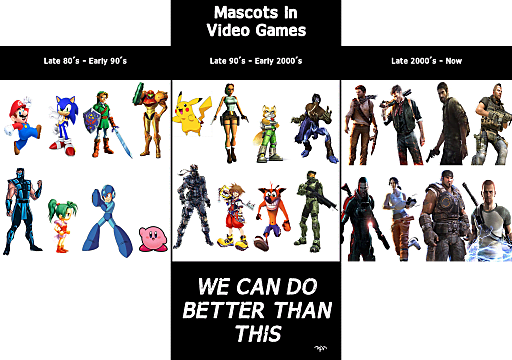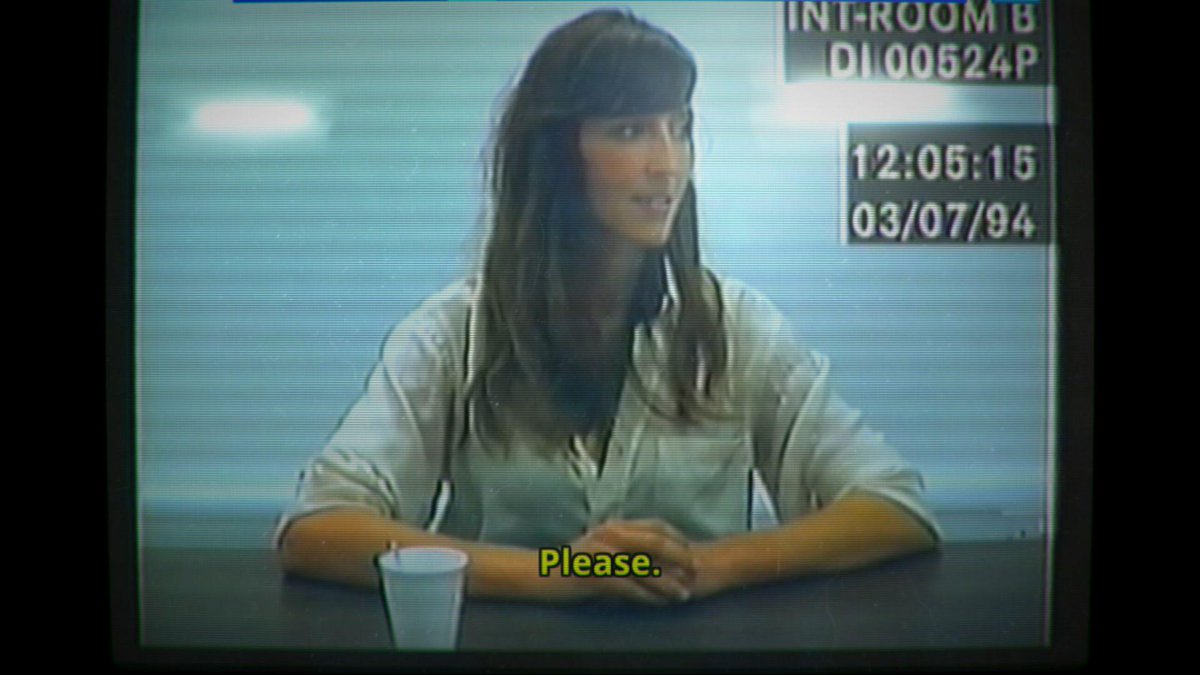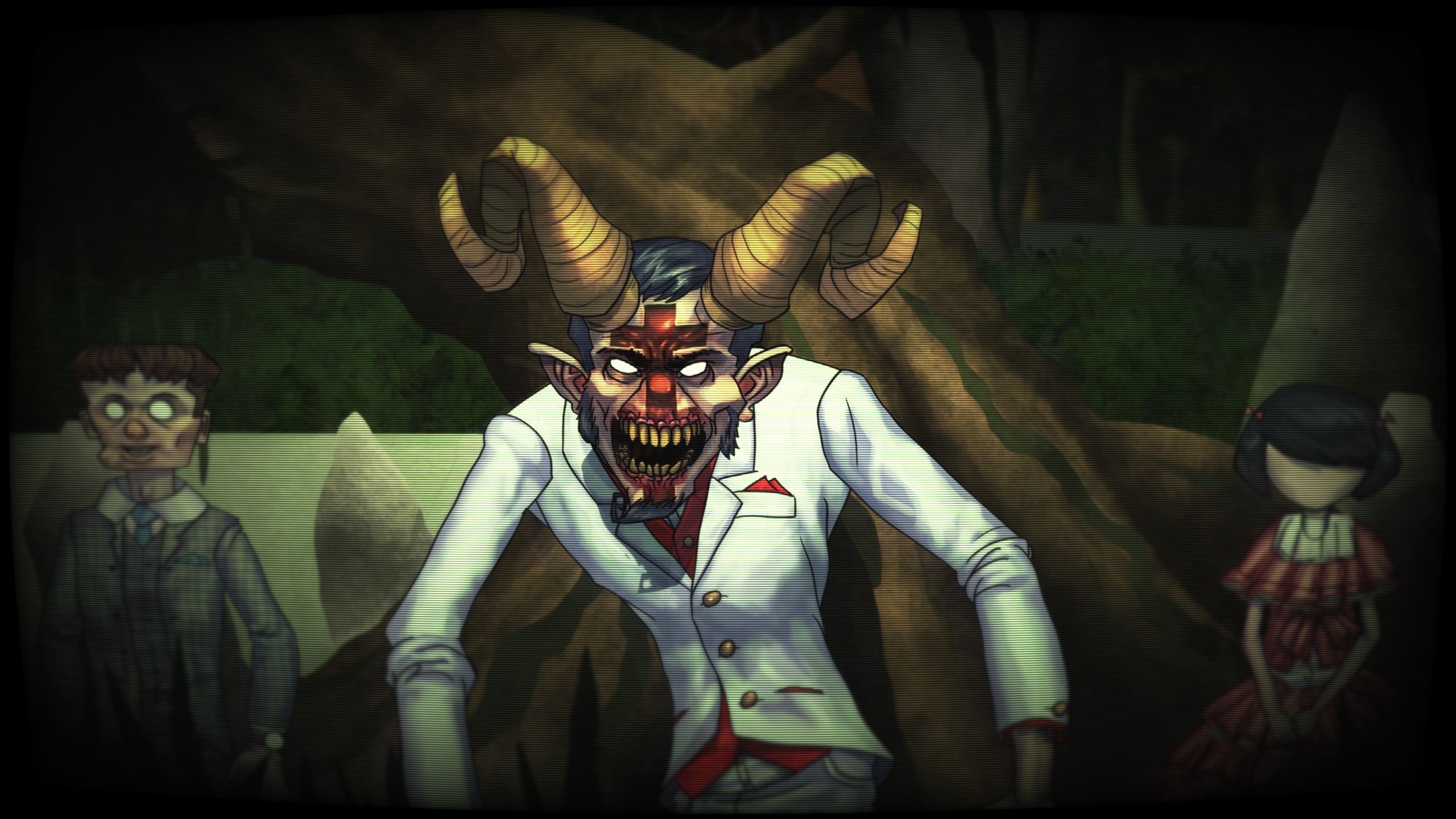We saw releases this year such as Fran Bow, Dropsy, Her Story ,Cibele, Life is Strange, Sunset, Bedlam, Sunset, Armikrog, Jotun, Splatoon, and Masochisa, among many, many others. Each of these titles did something different compared to most titles released, especially the major AAA releases.
As great as 2015 was for having more diverse experiences and gaming as a whole, there are some things that could happen in 2016 and onward to see more diverse games and equality in the gaming world.
Take Some Chances and Make More Games
As the hurdles to get into game development have drastically decreased in recent years, we have seen the flood of great indie games come onto the market. With the rise of indie games, we have seen fantastic and interesting games that would not be able to exist in the AAA world.
However, as we go into 2016 and further, we need more developers making the interesting and uncommon experiences that bring the diverse experiences to gaming.
While more developers making more games is good, we need more developers willing to take risks and deliver games that aren’t afraid to challenge our preconceptions do something no one else is doing. Fran Bow follows a young girl who is struggling to live life with a debilitating mental illness following the gruesome murder of her parents; she is then institutionalized in an asylum and seeks to escape.
It’s a drastically different experience from most games, and we need passionate developers who aren’t afraid to make more games similar to it: a game that takes a chance on something different than the norm.
We can’t have diverse experiences and equal representation of different perspectives until we have people making those experiences for us. If you are an aspiring developer seeking to make a game that delivers something different, there’s a key point you need to remember as well as developers already at work in the scene.
Make Sure Inclusive Games are Amazing
This seems to be the biggest pitfall these (let’s just label the games that strive to deliver diverse experiences as “snowflakes” for the time being) games is so many of them are, well, not good. Don’t misconstrue these statements though. Not all of these snowflakes are lacking in quality, several are quite excellent!
Life is Strange, Fran Bow, Splatoon, Jotun, and Her Story have all garnered solid reviews from gamers and critics. Her Story even nabbed an award at some game awards thingy people seem to get worked up about.
However, for every Fran Bow and Her Story, we get games like Sunset, which failed to deliver.
Sunset places the players in the shoes of Angela Burnes, an American tourist who becomes trapped in a politically unstable and fictitious South American country in the 1970s. Burnes is hired by the obscenely wealthy Gabriel Ortega, who is a leader in this political revolution underway in the country, as a housekeeper for his extravagant penthouse.
Sounds like an interesting experience right: getting to explore a politically unstable country from a distance, playing not only as a woman, but an African-American woman, and exploring a culture markedly different from North American or Asian cultures (which obviously dominate and influence most games made).
The problem was; the game beneath those ideas was lacking in many ways. My own outlet, Artistry in Games, published a positive preview of the game, only to lead to a middling and negative review upon release. Once players and outlets got their hands on the game, we realized all the brilliant potential was wasted on a lacking narrative that goes nowhere; pointless player choice that has negligible impact on the story; and the cardinal sin of video games: being boring.
While I enjoy games with grizzled, middle-aged Caucasian male characters, especially deconstructionist games such as Spec Ops: The Line, there’s also a great joy to be found in playing games with a more varied cast and a different perspective on the world such as Fran Bow, Life is Strange, To the Moon, Two Brothers, The Vanishing of Ethan Carter, and a slew of others. They just need to be good games, first and foremost.
We Need to Give These Games More Visibility
Let’s look again at the list of games I mentioned at the beginning of this article: as Fran Bow, Dropsy, Her Story ,Cibele, Life is Strange, Sunset, Bedlam, Sunset, Armikrog, Jotun, Splatoon, and Masochisa.
Before this article, how many of these games have you heard about? One? Two? More?
Could a mother love this face?
Doubtless, some of you reading knew about these games and were naming off other games you believe I neglected to mention. However, others may have not heard of many of these, much less all of them. The fact of the matter is a lot of games slip through the cracks nowadays. I hate to pick on Sunset, but it is a prime example of a problem here.
The game ran a successful Kickstarter campaign that managed to raise $67,636 dollars to bring the game to life. The developer, Tale of Tales, hired a PR firm to promote the game. The firm did an admirable job and sent numerous emails (I know, I received quite a few about the game prior to release and some after release). Despite all of this, the game sold poorly. In fact, the game only really garnered attention when Tale of Tales took to Twitter to behave like spoiled children and insult the very audience who supported them for not boosting the signal enough. (I recommend this read about the situation.) Classy!
Keep Talking About Good, Inclusive Work
On the other hand, Her Story has gained a lot of attention from media and players alike. As I mentioned earlier, the game even won an award recently.
Now, obviously, visibility of the game has increased due to the quality of the game, but people took the time and talked about the game. I saw Twitter users discussing the game. Some outlets published pieces about their experience with the title. Players blogged about the game. People heard about the game because people talked about the game. Word of mouth is a powerful promotional tool.
Whenever you play a game that is a little different, share your experience. Even if the game has some problems, tell your friends about it. Write about it, telling others about what you experienced. Games that are different from most and have uncommon characters need to be shared in order for more people to know about them.
Even if the game has some issues, a few flaws shouldn’t stop people from experiencing a game that could be a fantastic experience for some. No game is perfect, and what you think is a deal breaker may not perturb others.
Leave Your Hashtags at the Door, Please
Twitter can be a wonderful way to interact with people and start trends or bring attention to an issue that needs addressing. However, they are a poor place to have sort of discussion, especially with issues such as race portrayal and equality in games.
In order to really become more inclusive, the bickering over Twitter and Tumblr needs to be foregone and replaced with thoughtful discourse with all sides being civil.
Too many times attempts of discussions of uncomfortable and tough topics (in general, but especially with games) devolve into a sideshow not far removed from apes flinging their offal at one another. This needs to stop.
We Need More Voices to Champion Inclusiveness and We Need to Listen to Them
Along with being civil, we need more bloggers, pundits, and people putting their thoughts, experiences, and opinions out there. I may not think a game may be sexist or racist, however, if a female or person of color points out the issue and explains why it is problematic, I can understand their reasoning and possibly identify problematic issues on my own.
Without more voices addressing these issues, we can’t address them. A problem that goes unidentified cannot be rectified.
Diversity is More than Skin Color and Gender
Honestly, I don’t see why so many people seem to gloss over this point whenever a discussion about diversity and equality in gaming is mentioned. People seem to focus only on the skin color of characters, their sex, or their gender, eliminating so many other facets of diversity.
Why do we not have people clamoring to play as games with characters who follow a certain faith?
What about characters from different countries, no matter what their color of their skin may be?
What about characters of different ages besides “mid 20-30s?”
What about more characters suffering from a mental illness (which unfortunately still has a huge cultural stigma attached to it)?
There are so many factors of diversity, to focus on only a few is a disservice to the idea of diversity. Now don’t get me wrong, I enjoy playing as good female characters. I want to see more characters of color such as Lee from the Walking Dead.
Even characters with a different sexual orientation than mine is something I want to experience because it’s different than who I am. Games are a wonderful to experience a different perspective of the world we normally could not otherwise.
We need more female characters. We need more characters, especially protagonists, of color. We need all of these and more, but what about playing a Buddhist who is unsure of his faith in a land where no one practices Buddhism? Wouldn’t that be something off the beaten path and more diverse? Yet all we hear about with diversity is about sex, gender, and skin color.
To be truly diverse, we need to broaden the scope of the discussion and our imaginations.
2016 Could be a Huge Year for Progressive Inclusion!
2016 is on the horizon and there is no telling what the future holds. There are big games such as Horizon Zero Dawn, Mafia III, Pathologic, and Mirror’s Edge Catalyst, but there will be plenty of smaller games and surprises next year as well.
While a new Mirror’s Edge is more than welcome and Horizon Zero Dawn has grabbed my attention, we need the games like Fran Bow, Bedlam, and The Cat Lady too: the indie titles that can take risks and deliver what the big games aren’t willing to. At the end of the day, games are a business and an art form. The major studios will only take so many risks and will continue to sell their games to same audience until convinced otherwise.
While diversity and equality in gaming have made great strides during 2015, we have a long way to go.
What we need to realize is the power we hold as consumers. We decide what makes a game a success or failure (unless you’re Square Enix, and then millions of copies are a failure). If companies see games with uncommon characters and are more inclusive than others doing well, we can see more being made.
Even if the big companies don’t respond, we have a slew of passionate indie developers keen on making more diverse experiences for us all. We need to do our best to support them and bring attention to them. If the game has flaws, the criticism needs to be taken professionally and with grace.
While we have a long way to go, we can only do so much if we continue to argue and bicker among ourselves. As players, we need to not take criticism of the games we enjoy to heart and respond with polite conversation instead of jumping to extremes and potentially scaring away developers aiming to make a different game.
Any discussion of a tough topic needs to be met with respect, even if the person introducing the topic or authored the article is not being respectful. A little respect goes a long way.
In fact, we should all just settle our differences in games of Super Smash Bros instead of this constant bickering. That would fix all of our problems, right?



